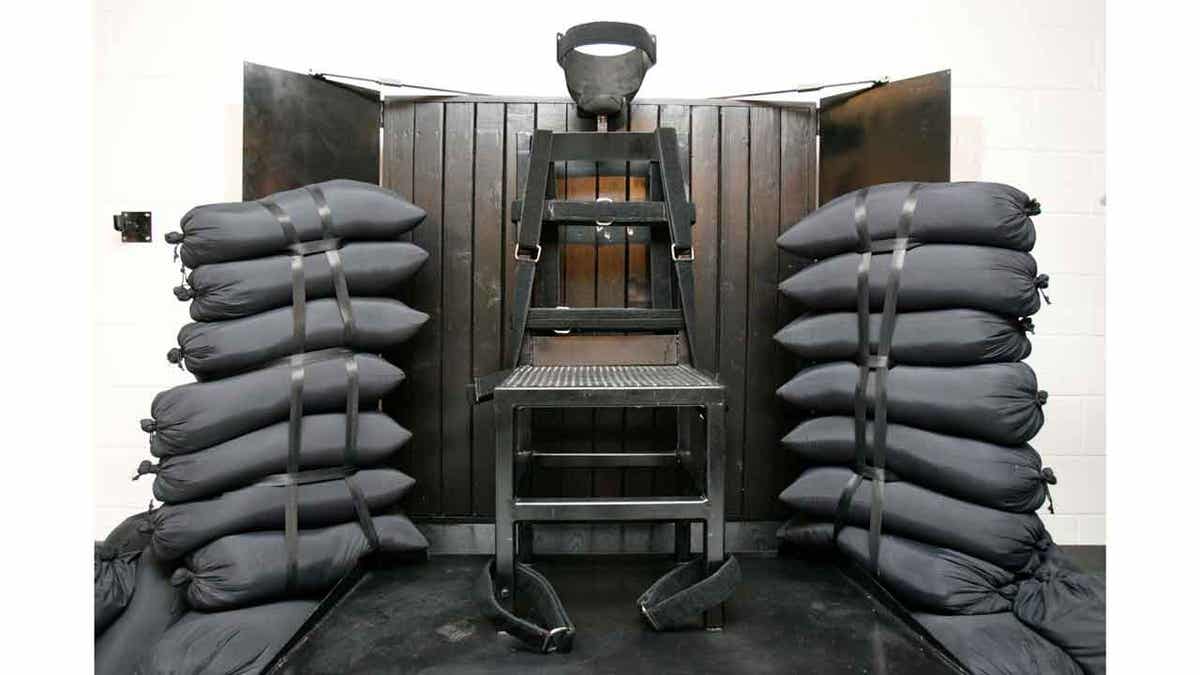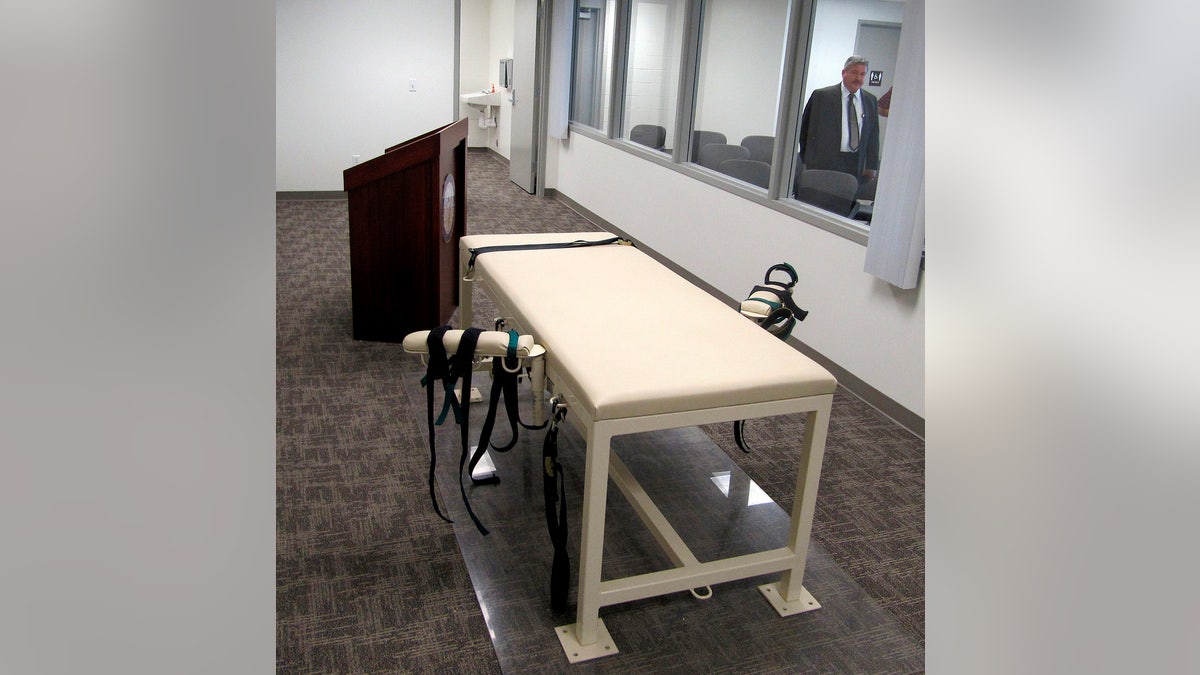Fox News Flash top headlines for March 25
Fox News Flash top headlines are here. Check out what's clicking on Foxnews.com.
The governor of Idaho has signed into law a bill legalizing the use of a firing squad in state executions.
Gov. Brad Little signed the bill after it was passed on March 20 by a veto-proof majority of the Idaho Legislature.
Under the new law, firing squads will not be the first option and will only be utilized for executions when the drugs necessary for a lethal injection are unavailable.

Idaho Gov. Brad Little speaks on the second day of the Conservative Political Action Committee conference at the Gaylord National Harbor Resort & Convention in National Harbor, Maryland. (Lev Radin/Pacific Press/LightRocket via Getty Images)
Idaho is the fifth state in the country to legalize the practice, following Utah, Oklahoma, South Carolina, and Mississippi.
The newly legalized execution method could impact the state's eight current death row inmates and possibly the future of student stabbings suspect Bryan Kohberger.
He could face death if convicted of any of four first-degree murder charges he faces in the November deaths of Madison Mogen, Kaylee Goncalves, Ethan Chapin and Xana Kernodle.

FILE - A chair sits in the execution chamber at the Utah State Prison on June 18, 2010, after Ronnie Lee Gardner was executed by firing squad in Draper, Utah. (Trent Nelson/The Salt Lake Tribune via AP, Pool, File)
"The firing squad is the quickest, surest and most error-free and the only technique for which we have skilled and trained professionals," says Fordham Law School professor Deborah Denno, a leading expert on the death penalty in the U.S.
Denno, who has researched methods of execution for the past three decades, has written seven articles cited by the Supreme Court on the topic, according to her university biography.
In addition to a persistent scarcity of approved lethal injection drugs, the procedure is difficult for a number of reasons.
IDAHO MURDERS: STATE SENATE PASSES BILL TO REINSTATE EXECUTION BY FIRING SQUAD

The execution chamber at the Idaho Maximum Security Institution is shown as Security Institution Warden Randy Blades looks on in Boise, Idaho. (AP Photo/Jessie L. Bonner, File)
Condemned inmates often have vein damage due to prolonged drug use, some of them are too obese, and others have too much muscle, she said. Others are so nervous that their veins contract.
CLICK HERE TO GET THE FOX NEWS APP
In some gruesome cases, executioners are forced to cut into the inmate's neck or groin to find a place to insert the needle. At times, condemned inmates have even assisted prison personnel in inserting it themselves.
Fox News' Michael Ruiz contributed to this report.














































